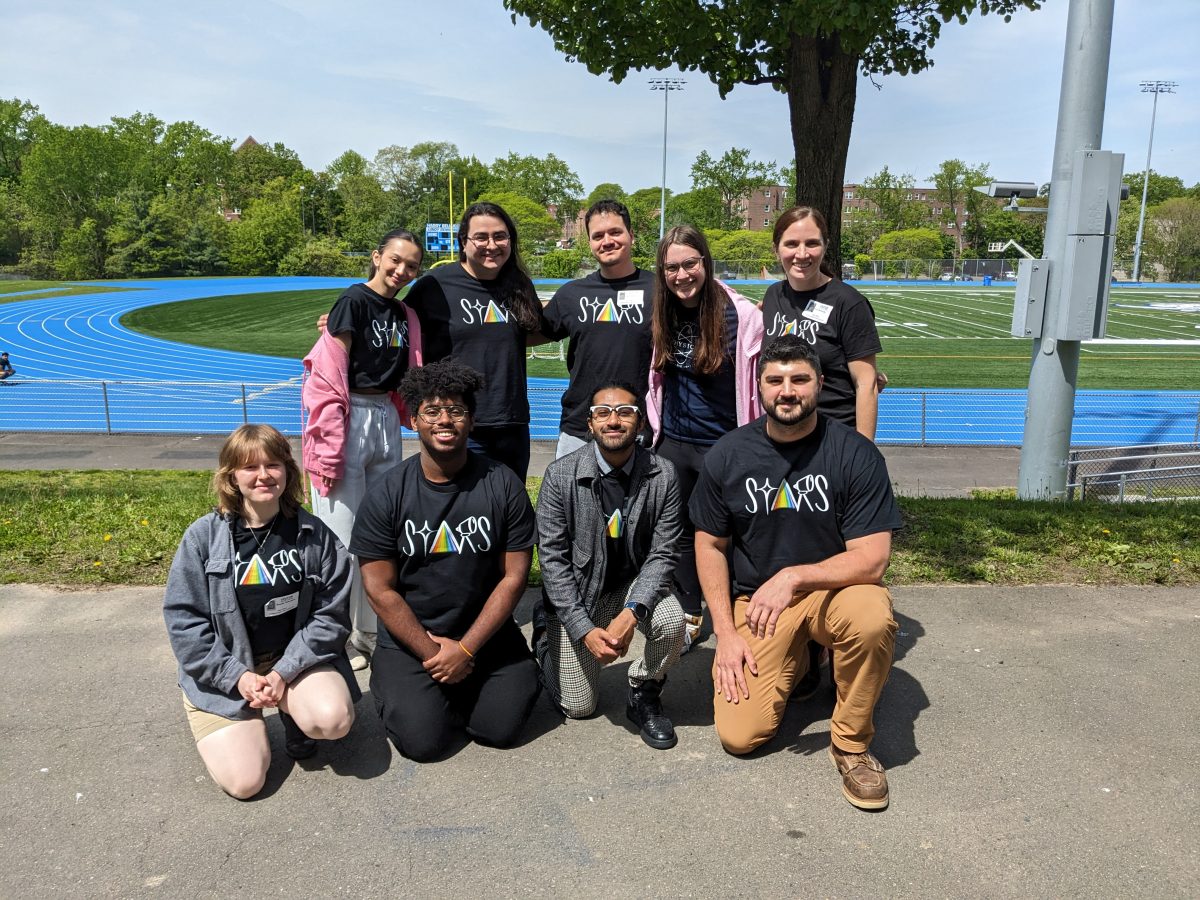
UConn STARs Visits Hartford Public High School in May 2025
The UConn STARs program had its annual outreach event at Hartford Public High School (HPHS) during the week of May 12-16, 2025. We taught four specially-crafted lesson plans to eight classrooms of students and hosted two lunchtime solar telescope observing sessions. The outreach event was a huge success. We estimate that we reached about 170 […]
[Read More]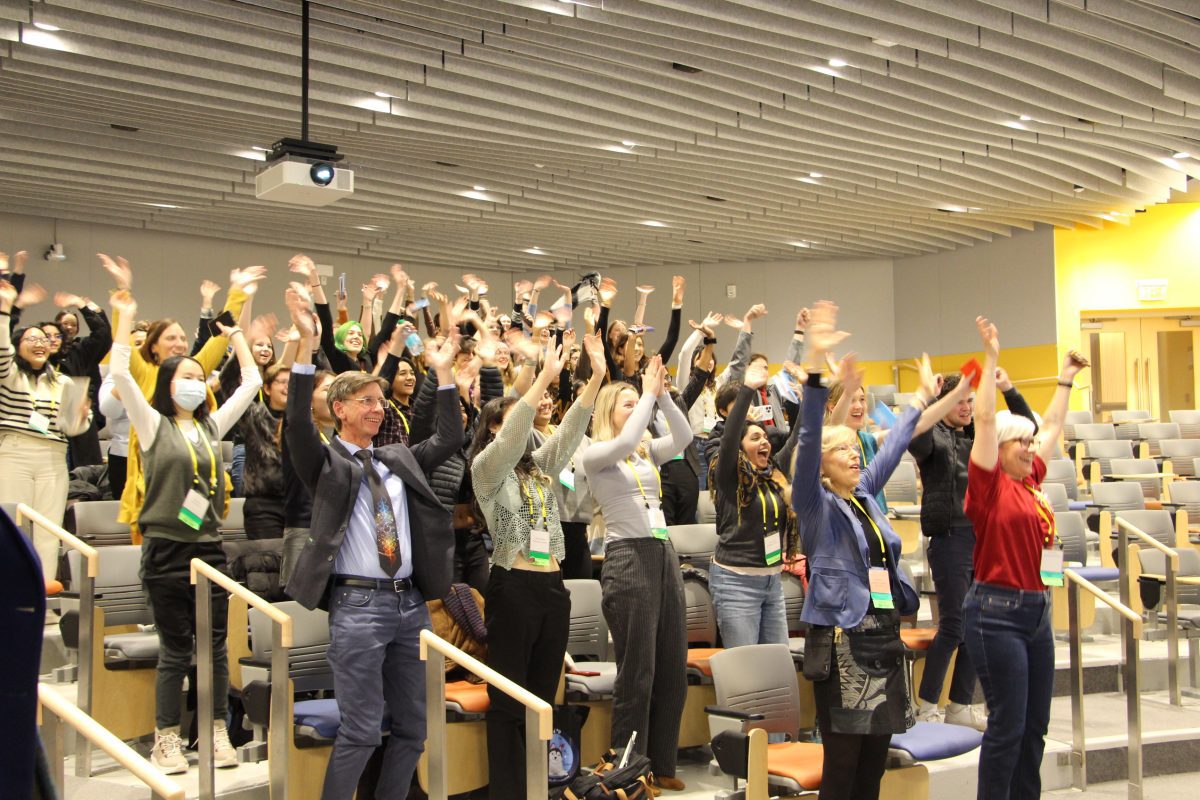
UConn Physics Department hosted the 2025 conference for Undergraduate Women and Gender Minorities in Physics
The Physics Department hosted the 2025 American Physical Society Conference for Undergraduate Women and Gender Minorities in Physics in January 24-26. This was achieved with the support of the College of Liberal Arts and Science, the Provost’s Office, and the Office of Sponsored Programs, the College of Engineering, the Institute of Material Sciences, the APS […]
[Read More]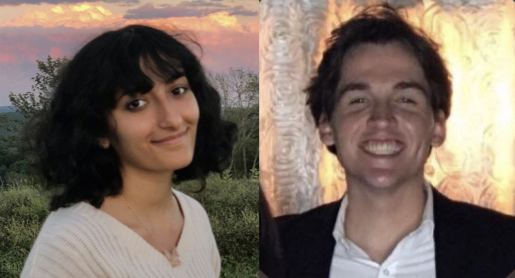
UConn Students featured by Press Releases at the American Astronomical Society
Two UConn students presented press releases at the 245th meeting of the American Astronomical Society, held in Washington, DC on January 12-16, 2025. UConn undergraduate Danya Alboslani presented a new method to map the 3D structures of star-forming clouds using X-ray light echoes. This press release resulted from a paper submitted to the Astrophysical Journal […]
[Read More]Alumni Highlights
Written by Nora Berrah: Debadarshini (Jolly) Mishra successfully defended her PhD thesis in May 2024 in Atomic, Molecular and Optical Physics. Jolly gave several presentations at national and international conferences and is the co-author of 8 publications. She is now a postdoc at Lawrence Berkeley National Lab and was hired before her thesis defense to […]
[Read More]2024 Physics PhDs Awarded
Bren Backhaus Advisor: Jonathan Trump Thesis: “Emission-Line Properties of High-Redshift Galaxies and their Black Holes” Dharma Basaula Advisor: Serge Nakhmanson Thesis: “Mesoscale Modeling of Thermoelectric Materials” Mitchell Bredice Advisor: Vasili Kharchenko Thesis: “Kinetics, Nucleation, and Relaxation Dynamics of Ion-Seeded Nanoparticles” Michael Davino Advisor: Carlos Trallero Thesis: “Strong-field Physics from Atoms to Nanoparticles” Ashok Gurung Advisor: […]
[Read More]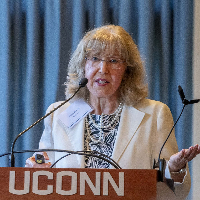
UConn Celebrates National Academies Members
On August 27, 2024, scholars, trustees, and friends of UConn gathered at the University of Connecticut School of Law to honor members of the university community elected to the National Academies of Sciences, Engineering, and Medicine. Established by an Act of Congress in 1863, the National Academy of Sciences was followed by the National Academy […]
[Read More]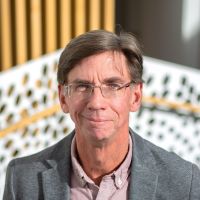
Department Head greeting
Dear Friends of UConn Physics, Last year, I wrote to you as a new Interim Head of Physics and only barely a month into my appointment. During the past year, we conducted a search for a permanent head and I was selected. For this, I am very grateful for the trust and support I received […]
[Read More]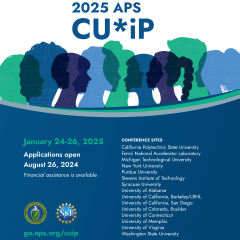
UConn Physics Department Hosting January 2025 CU*iP.
Every year, the American Physical Society (APS) sponsors CU*IP – Conference for Undergraduate Women and Gender Minorities in Physics – at several locations around the country. This year, led by Prof. Nora Berrah, UConn Physics applied to host this national conference in Storrs and our proposal was accepted for January 24-26, 2025! The purpose of […]
[Read More]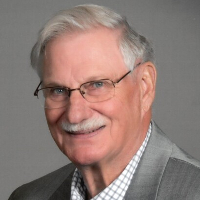
In Memoriam: Lawrence “Larry” Kappers
Lawrence “Larry” Kappers, passed away on Friday, August 2, 2024. Professor Lawrence (Larry) Kappers (aka “Kap”) retired in 2009, having joined the UConn Physics Department in 1973. After receiving his Ph.D. from the University of Missouri-Columbia and completing postdoctoral appointments at the University of Minnesota and Oklahoma State University, he developed an active research program […]
[Read More]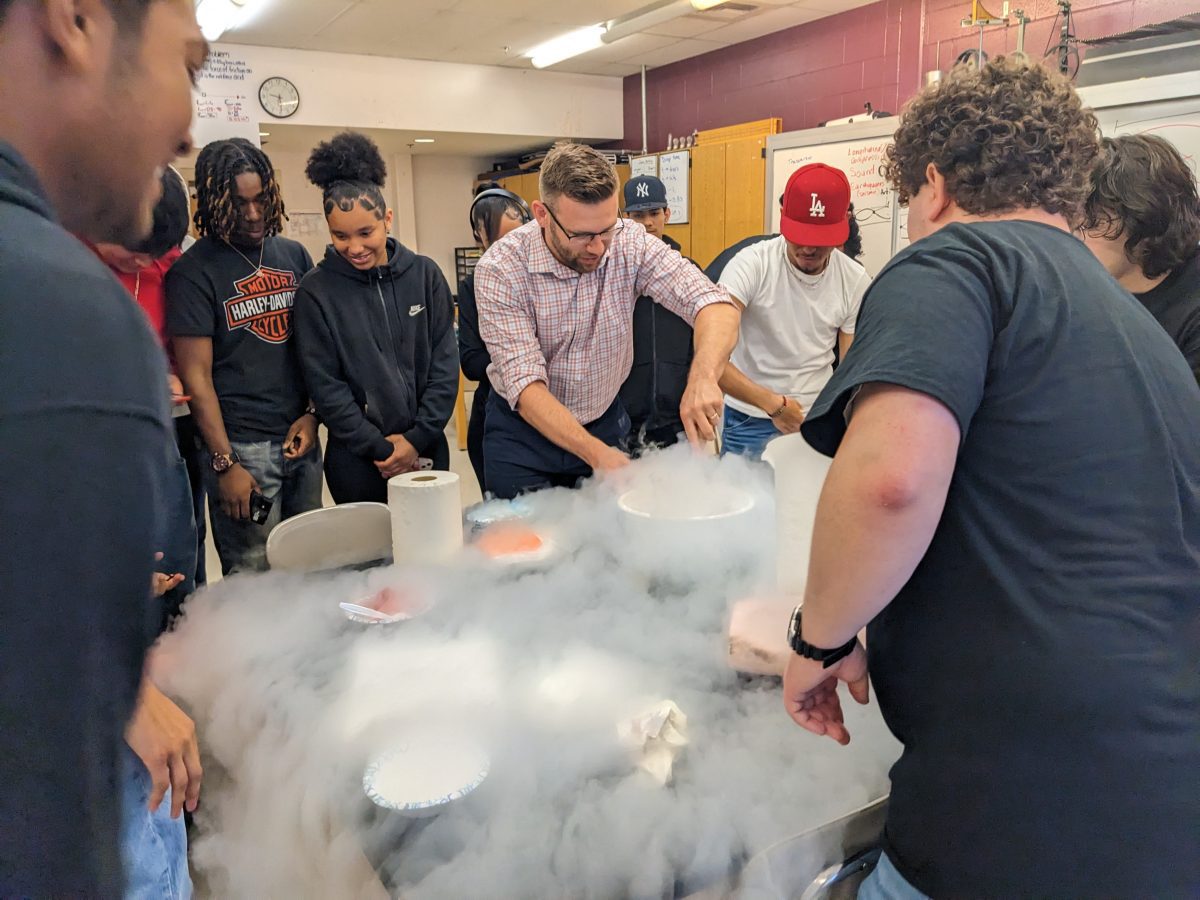
UConn STARs visits Hartford Public High School
The UConn STARs group visited Hartford Public High School (HPHS) to teach physics for a total of eight class periods from May 6th-9th, 2024. UConn brought 16 undergraduate students from the STARs program to HPHS for our annual outreach program, during which we interacted with about 100 high school students. We collaborated with physics teacher […]
[Read More]In Memoriam: Thaddeus Burch
Father Thaddeus J. Burch passed away May 14, 2024 in Wauwatosa, WI. He was 93 years old, a Jesuit for 75 years and a priest for 62 years. His life combined his deep religious faith with a quest and appreciation for the world of physics. In addition to his two bachelor’s degrees in philosophy and […]
[Read More]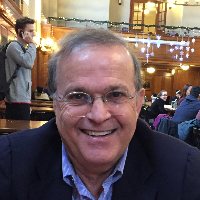
Prof. Moshe Gai Awarded 2024-2025 Fulbright U.S. Scholar Award
Professor Moshe Gai, the director of the Laboratory for Nuclear Science, aka the Astrophysics Laboratory, https://astro.uconn.edu, was awarded a 2024-2025 Fulbright US Scholar Award to teach and do research in Romania. He will spend five months at the newly constructed world highest power laser lab (10 PW), the Extreme Light Infrastructure Nuclear Physics (ELI-NP), recently […]
[Read More]
Nobel Prize Winner, Professor Adam Riess, Katzenstein Distinguished Lecturer
The University of Connecticut, Department of Physics is proud to announce the 26th Annual Katzenstein Distinguished Lecturer that will be on Friday, November 15th.
[Read More]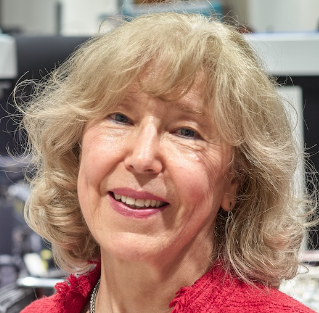
Professor Nora Berrah Elected to National Academy of Sciences
UConn physics professor Nora Berrah has been elected as a member of the National Academy of Science (NAS), becoming the fifth member from the UConn community to join the selective national society.
[Read More]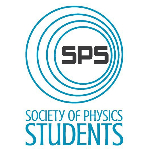
2024 Sigma Pi Sigma Honors Society Celebration!
Congratulations to 2024 Sigma Pi Sigma Honors Society Inductees!
[Read More]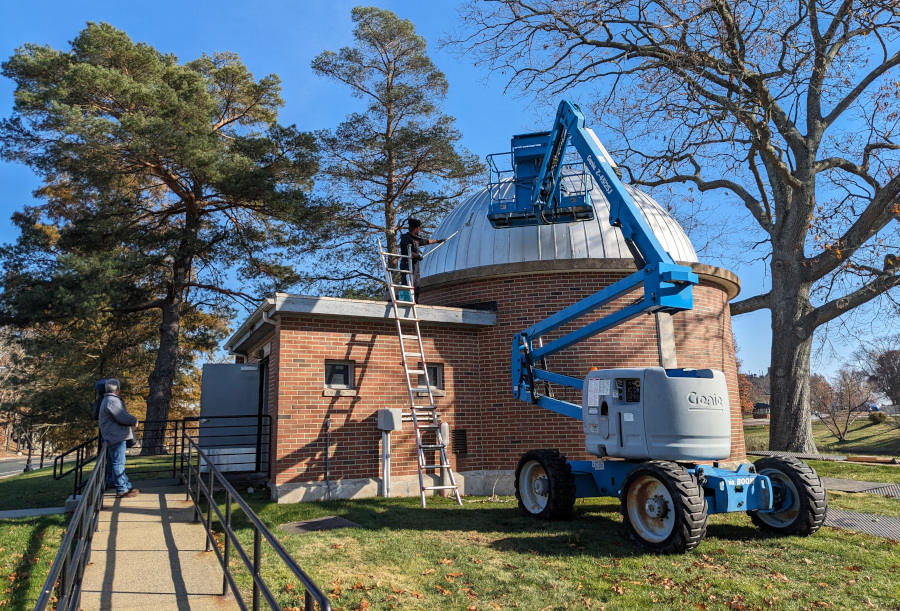
UConn’s Old Planetarium Gets a New Upgrade
Connecticut’s oldest planetarium will soon be back in action. Once used for education and outreach for UConn faculty, students, and community members, the planetarium fell into disuse in the last several years, but Department of Physics Assistant Professor-in-Residence Matt Guthrie has been working hard with skilled facilities staff, including CLAS Facilities Team Leader Brett DeMarchi, to bring this piece of UConn history back into working order.
[Read More]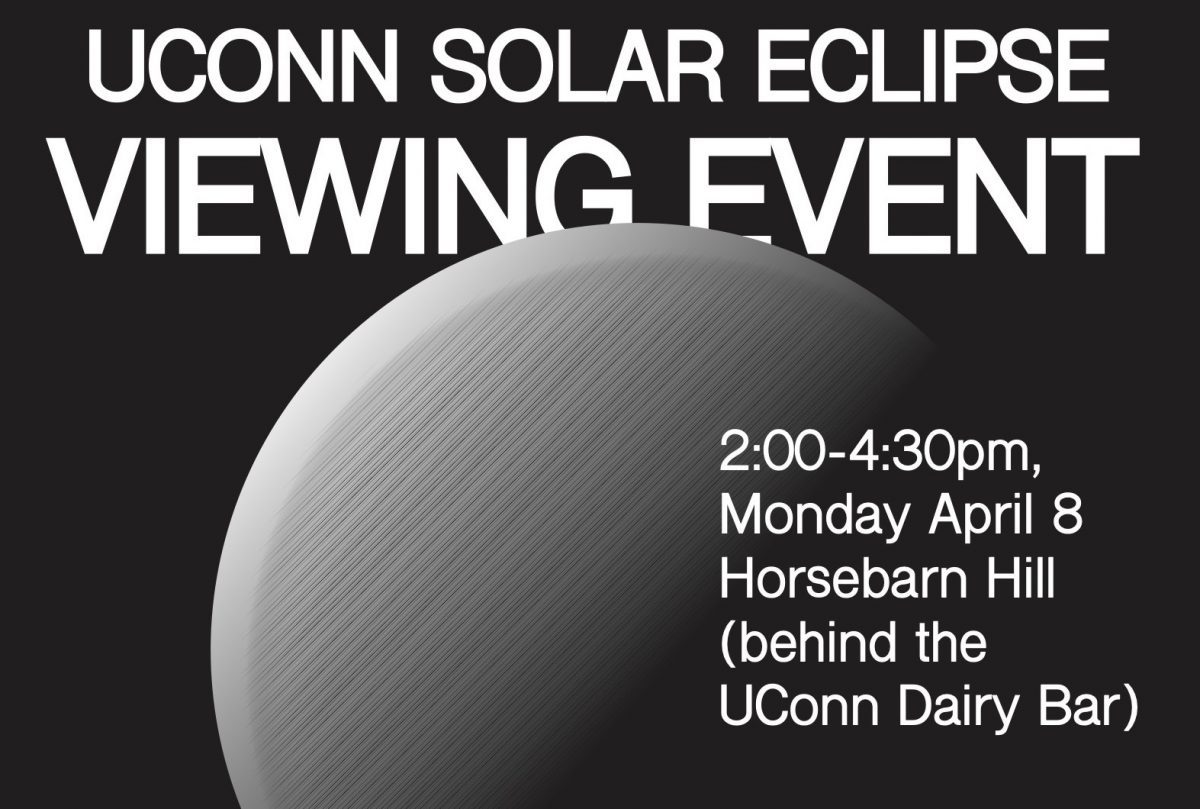
Solar Eclipse Viewing Event: 2-4:30pm Mon Apr 8 on Horsebarn Hill
UConn faculty and students will host a community event to view the solar eclipse at 2:00-4:30pm this Monday, April 8, on Horsebarn Hill (behind the Dairy Bar). Here in Storrs we’ll observe a maximum occultation of 92% at 3:28pm. This is a very exciting and special opportunity, since the next time that our location will […]
[Read More]
Two physics undergrads among 2024 University Scholars
Two of UConn Physics Department’s undergrads, Rachel Cleveland and Nicholas Thiel-Hudson, have been recently selected as part of the 2024 cohort of UConn University Scholars! These students were selected based on the strength of their proposal. Graduation as a University Scholar recognizes a student’s extraordinary engagement with self-reflective learning and research or creative endeavors.
[Read More]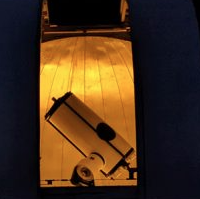
A Team Effort is Giving New Life to a Classic Observatory
After years of disuse, the UConn Observatory, featuring a 16-inch optical telescope, is coming back into service. Physics faculty member Matt Guthrie, a driving force behind this rejuvenation effort spoke with UConn Today about the benefits offered by the Observatory both to students and to the community.
[Read More]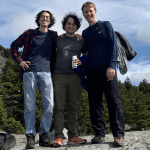
Physics Celebrates 51’st Annual Ascent of Mount Monadnock
On October 14, 2023 40-50 members and friends of the UConn Physics department took part in the 51’st annual ascent up Mount Monadnock, near Jaffrey, New Hampshire. After the hike, the then-hungry hikers descended to the campground near Gilson Pond and enjoyed some well-earned refreshments.
[Read More]